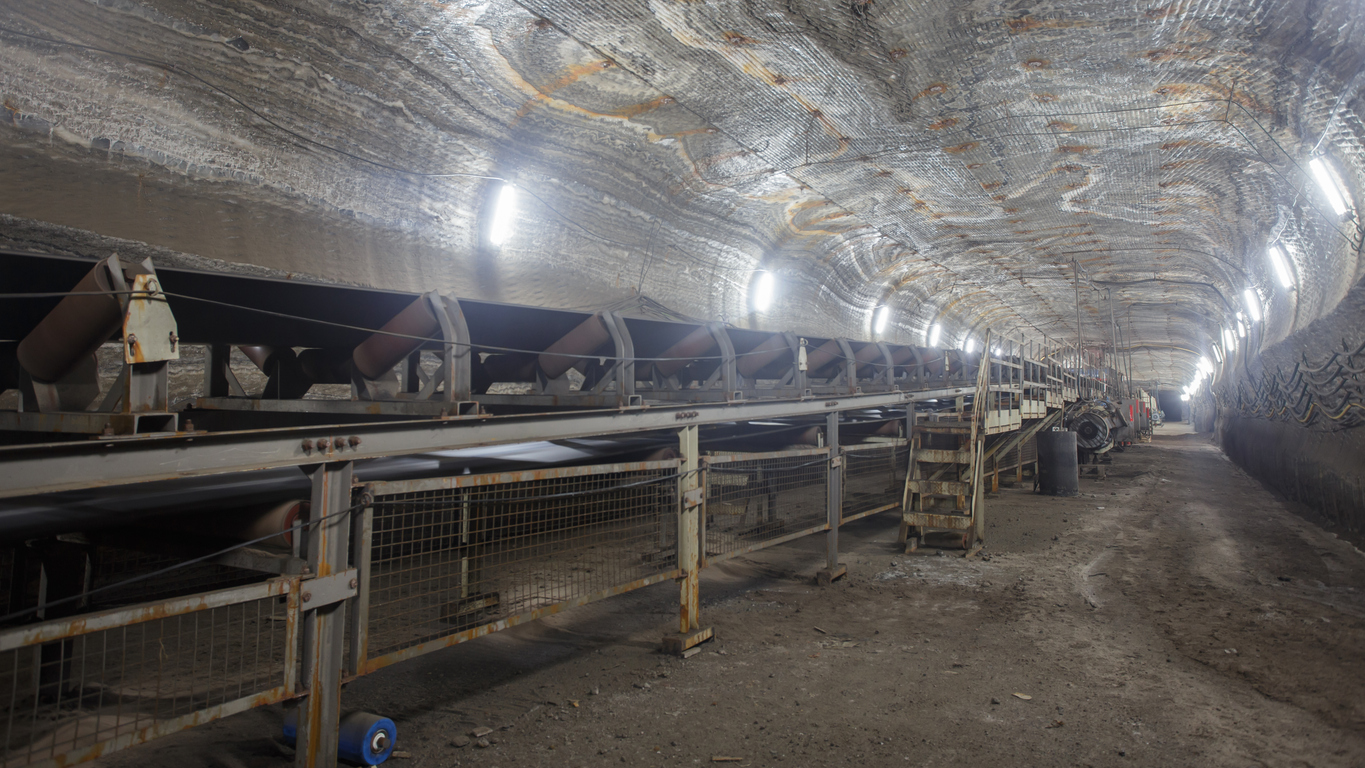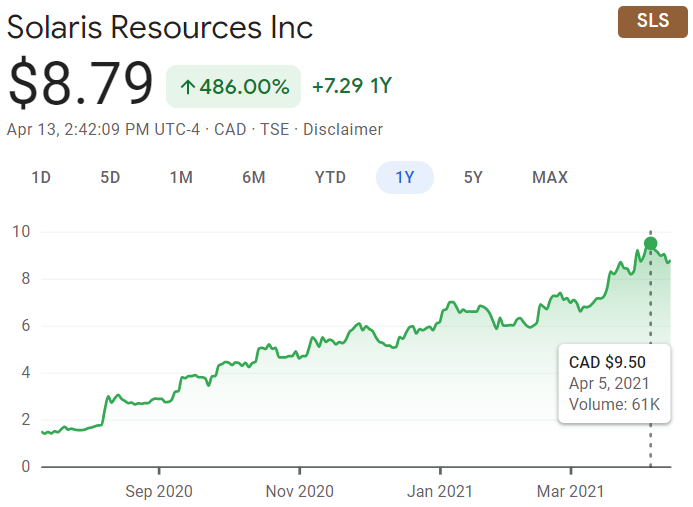
The world economy is quickly moving to a more sustainable, environmentally friendly model, but this transition is causing some shortfalls in available resources, a new study finds. The study, published in The Geographical Journal, shows that the global demand for sulphur is outpacing the supply, which is causing shortages in the chemical.
This is a problem because sulphur is an important component in a range of industrial processes, including fertilizer production and steelmaking. The study warns that the global sulphur shortage could create major economic problems, including higher food prices and lost jobs, as well as difficulty extracting potash.
The study recommends that the global economy find other ways to produce sulphur and potash, such as by developing new technologies or by importing the chemical from other countries like Brazil, in which a renewed push for domestic production has driven new investment and an exciting new project.
Currently, potash mining company Brazil Potash is developing the Autazes project, which aims to double potash output in the coming years and make Brazil self-sufficient in terms of potash production in the near future. The project is a sustainable engineering investment that will produce potassium chloride, an extremely important fertilizer.
The project will employ a process for extracting Sylvinite, a rock made up of halite (salt) and Sylvite, or Sylvine (potassium chloride), which will not harm the earth’s surface soil or environment. The chambers and pillars technique will be utilized throughout the entire extraction operation. In order to remove the ore, which is approximately 800 meters deep, the company will need to excavate two shafts. The Sylvinite ore will be brought to the surface through these wells, and processed so that the Potassium Chloride (fertilizer) can be separated from the Sodium Chloride (kitchen salt).
The world’s demand for sulphur is outpacing the global supply, causing shortages in the chemical and potential economic problems. Brazil is the world’s largest net exporter of agricultural products and food but requires potash imports to hit those numbers. This could be solved with domestic potash production which would drive down agricultural input costs immensely.
On top of the risks to global food security, now there is concern that one of the most important efforts the energy industry has faced may be in jeopardy without such a project. Sulfuric acid is used in the production of phosphorous fertilizers, and for extracting battery metals from ores in the case of cobalt and nickel. The process of smelting these metals requires large amounts of sulphur.
There are also methods of extracting potash with it. Potash comes into play because it is a key component of making phosphorous fertilizer, and when phosphorous prices spike, so do the prices of other fertilizers. Demand is set to rise from 246 to 400 million metric tons by 2040. This is due to more intensive agriculture and the world moving away from fossil fuels.
“Sulfur shortages have occurred before, but what makes this different is that the source of the element is shifting away from being a waste product of the fossil fuel industry,” lead researcher Mark Maslin said in a statement.
“What we’re predicting is that as supplies of this cheap, plentiful, and easily accessible form of sulfur dry up, demand may be met by a massive increase in direct mining of elemental sulfur. This, by contrast, will be dirty, toxic, destructive, and expensive.”
What is needed to solve the shortage is a multi-focal approach to innovation and new projects. More research is needed for renewable potash mining, and new projects need to be developed faster.
Additionally, global fertilizer shortages could be alleviated by a move away from fossil fuels and towards a more sustainable, environmentally friendly model, but only if the raw materials can supply that shift. That would require more potash projects around the world, especially outside the current dominant potash-producing countries of Russia, Belarus, and Canada.



 Follow us on Twitter
Follow us on Twitter Become our facebook fan
Become our facebook fan











Comments are closed.